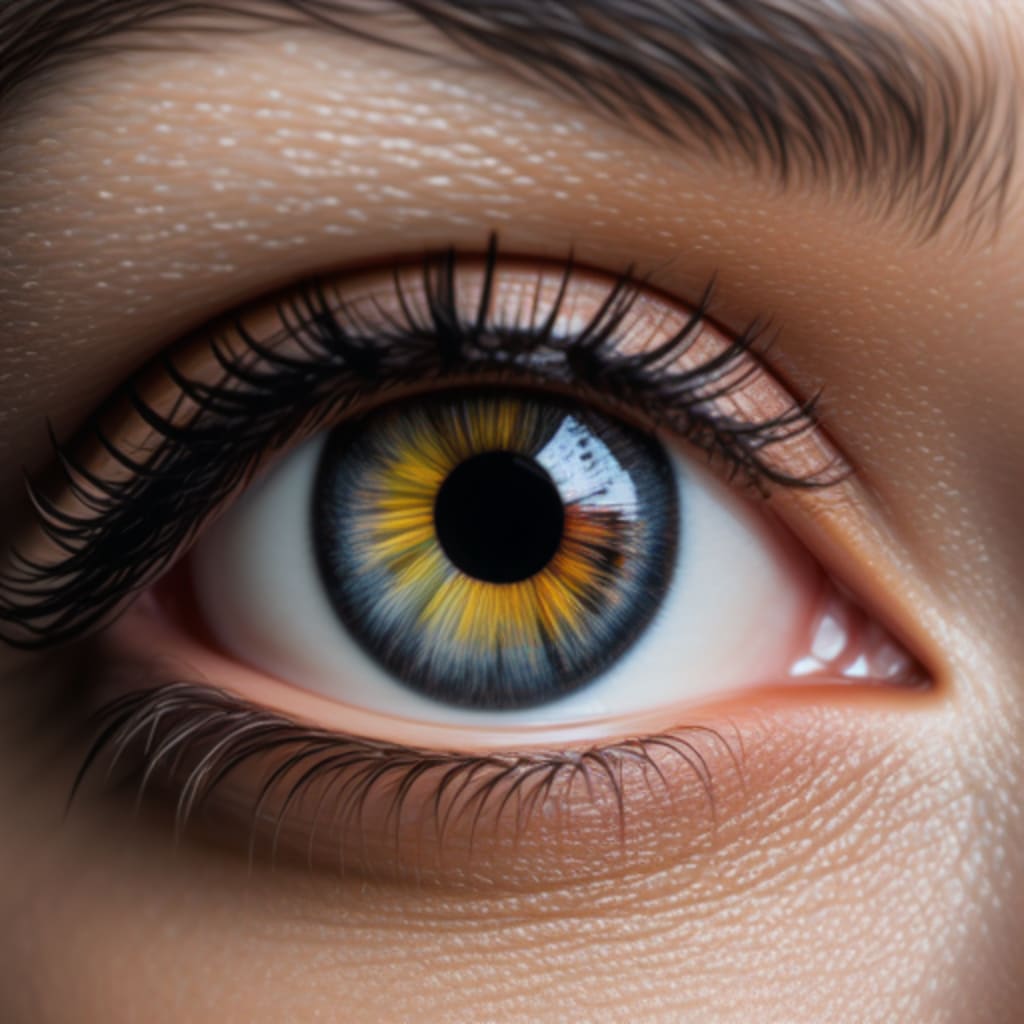Eye Myths Unveiled: Dispelling Misconceptions for Better Vision Care
Separating Fact from Fiction with Expert Insights from Ophthalmologists and Optometrists

In the realm of eye care, misinformation often clouds the path to clear vision. From common misconceptions about eye health to myths surrounding corrective measures, it's essential to separate fact from fiction. Let's embark on a journey through some prevalent myths about vision and unveil the truth behind them.
Myth: 20/20 Vision Equals Perfect Vision
Many believe that achieving 20/20 vision signifies flawless eyesight. However, this measurement only assesses clarity at a distance of 20 feet. Vision encompasses various aspects, including color perception, peripheral vision, and contrast sensitivity. Conditions like glaucoma can impair peripheral vision despite having 20/20 clarity in central vision.
Myth: Blue Light Causes Irreversible Eye Damage
Contrary to popular belief, blue light from screens doesn't inflict permanent harm on the eyes. While excessive exposure may disrupt sleep patterns, our eyes possess natural defenses like lutein and zeaxanthin to counteract blue light. Blue light-blocking coatings on glasses alleviate discomfort and reduce glare, but they don't shield against all potential harm.
Myth: Eye Exercises Improve Vision
The notion that eye exercises can correct refractive errors like myopia or astigmatism is unsubstantiated. Our eye's structure determines vision, and exercises can't alter corneal shape or axial length. While the 20-20-20 rule offers relief from screen-induced strain, it doesn't rectify underlying vision issues.
Myth: LASIK Guarantees Freedom from Glasses
LASIK surgery provides clear vision by reshaping the cornea, but it doesn't guarantee permanent freedom from glasses. Factors like myopia regression or presbyopia may necessitate corrective lenses later in life. LASIK outcomes vary, and thorough consultation with a surgeon is crucial to manage expectations.
Myth: Wearing Glasses Deteriorates Vision
Wearing prescribed glasses doesn't worsen vision; it corrects refractive errors for clearer sight. Vision changes are primarily influenced by genetics and aging, not glasses usage. Analogous to using crutches for an injured ankle, glasses alleviate visual impairment without causing progression.
Myth: Dry Eyes Are Insignificant
While dry eyes may seem benign, prolonged dryness can lead to corneal damage and discomfort. Reduced blink rates during screen use exacerbate dryness, necessitating frequent lubrication with preservative-free eye drops. Ignoring dry eye symptoms may escalate into serious complications.
Myth: Sneezing Can Dislodge Eyes
The belief that sneezing with open eyes can displace them is purely fictional. Our eyes are securely anchored within the eye sockets by an intricate network of muscles and connective tissue. Sneezing reflexively prompts eyelid closure, ensuring eye protection.
Myth: Contact Lenses Can Get Lost Behind Eyes
Contact lenses cannot migrate behind the eyes due to the conjunctiva's protective barrier. Instances of perceived lost lenses often result from misplacement or failure to remove them properly. Blinking and lubricating the eyes facilitate safe lens removal.
Myth: Sunglasses Are Merely Fashion Accessories
Sunglasses are indispensable for shielding eyes from harmful UV rays, reducing the risk of ocular conditions like cataracts and macular degeneration. Opting for sunglasses with adequate UV protection and appropriate coverage safeguards eye health.
Myth: Floaters Are Always Harmless
While common, floaters may indicate underlying eye issues, such as retinal tears or inflammations. New onset or persistent floaters necessitate prompt evaluation by an eye care professional to rule out serious conditions.
Myth: Eye Color Inheritance Follows Simple Rules
The genetics of eye color inheritance are complex, and offspring may inherit unexpected eye hues despite parental traits. Various genes influence eye color expression, leading to diverse outcomes.
In conclusion, navigating the maze of vision myths requires a discerning eye and reliance on evidence-based information. Prioritizing regular eye exams, adopting healthy eye habits, and dispelling misconceptions empower individuals to safeguard their precious gift of sight. Let's embrace clarity and debunk myths to foster a brighter future for eye health





Comments
There are no comments for this story
Be the first to respond and start the conversation.